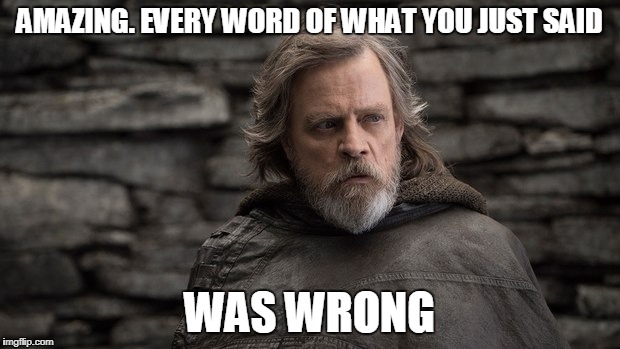OK wait. So...civil law was sundered from religious law because of Christianity in the last sentence, but in this sentence, schisms in Christianity (which, remember, had sundered political and religious law) undermined political unity?
(I mean, there were a lot of wars because of the various reformations and counter-reformations, but
- there was no prior Christian unity, as I'm sure the Orthodox would like to remind us, to say nothing of the heretics the Inquisition enjoyed killing all over western Europe
- political unity? Really? Like Europeans weren't over there killing each other even if they were all at least nominally Catholic?
Look, it's like somebody thinks the multi-national, polyglot monastery in The Name of the Rose was representative of pre-Reformation Europe and forgot that The Name of the Rose is a murder mystery.
(They didn't think that. These people wouldn't make it ten pages in anything by Eco. Bear with my nerd analogies.)


